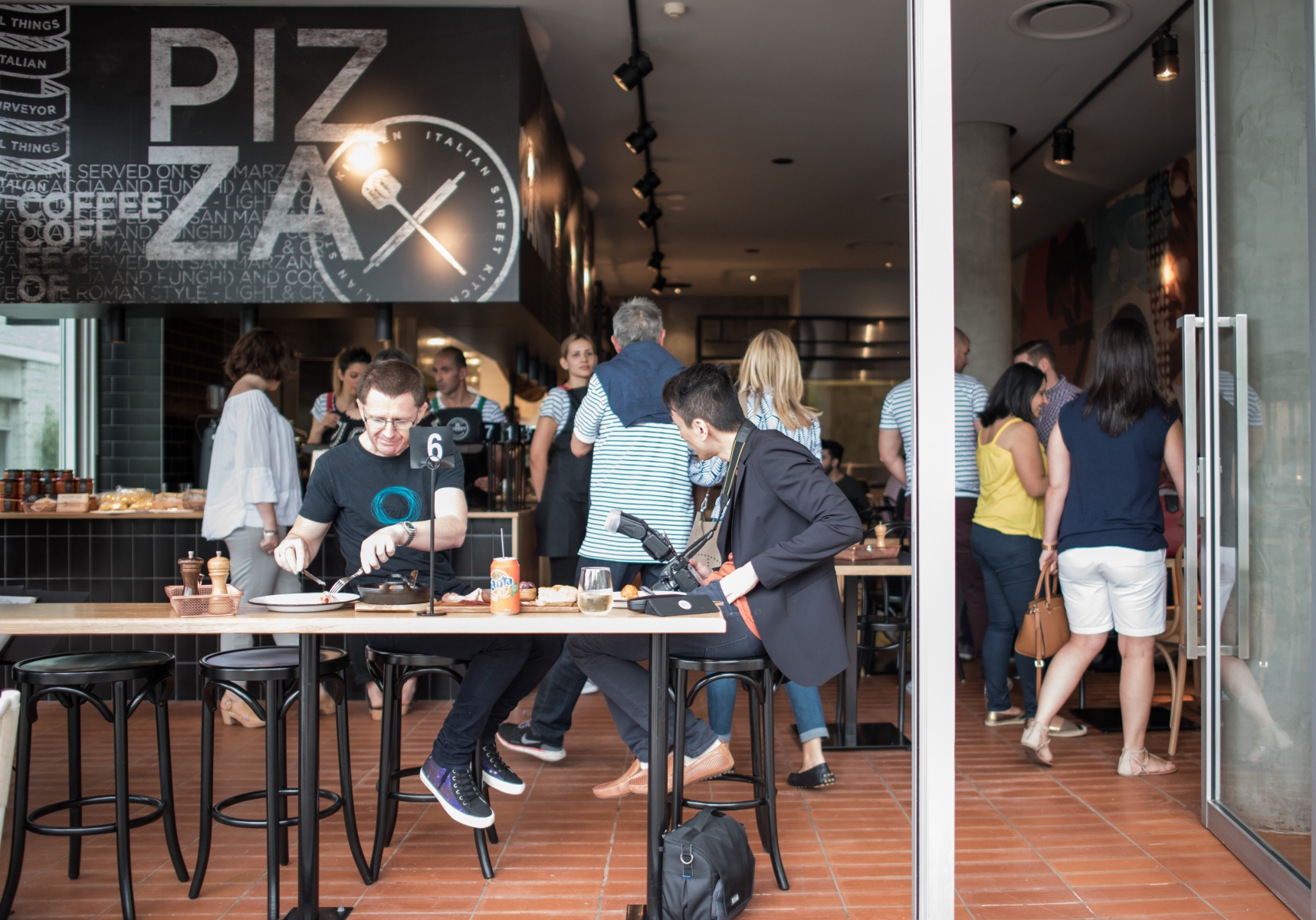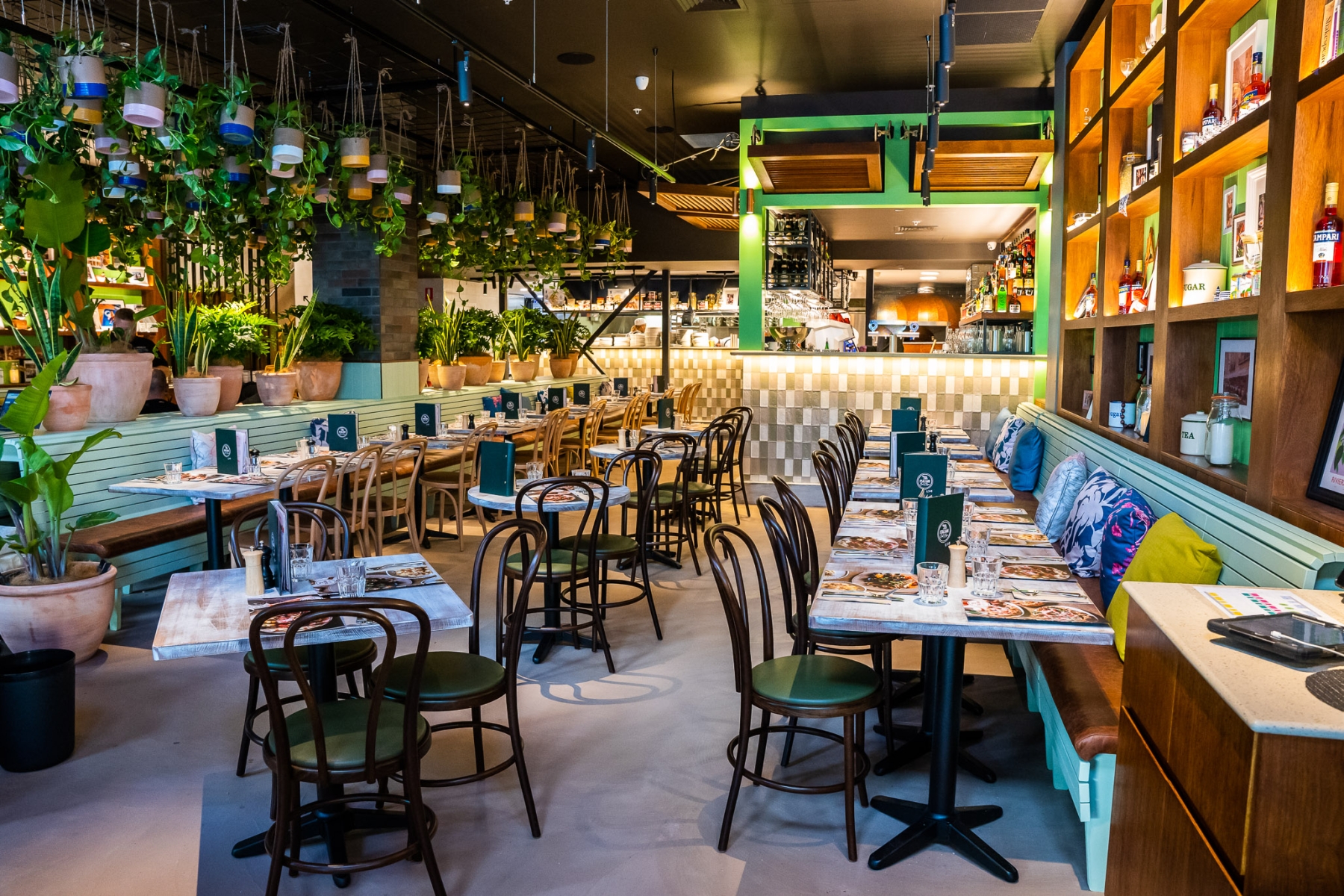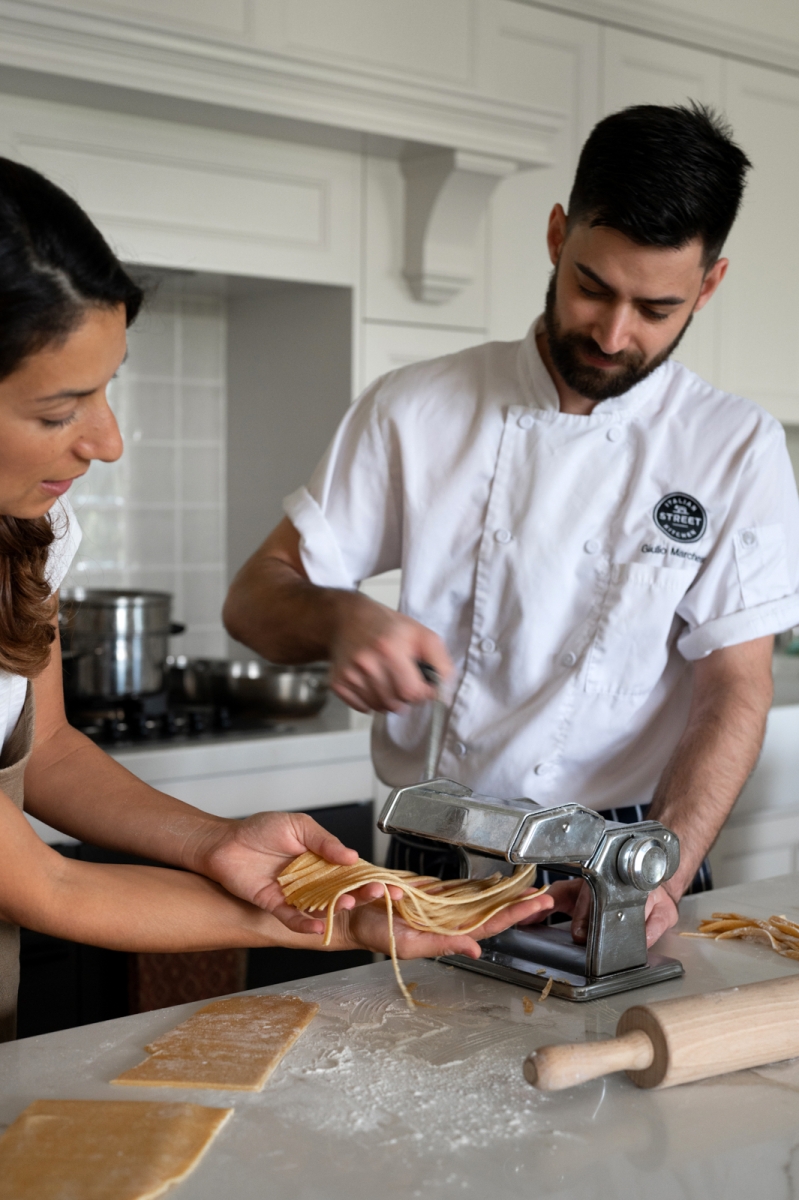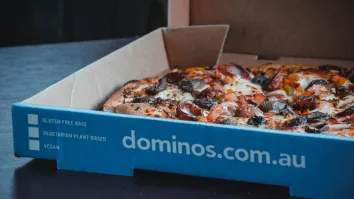
Why Italian Street Kitchen moved towards an elevated dining experience
The brand saw the need to reinvent itself to something more as the fast-casual space became crowded.
When the fast-casual dining space started to get crowded, Italian Street Kitchen decided to change the game by evolving its whole business to toe the line between affordability and upscale dining. So in late 2020, that’s exactly what they did.
QSR Media had the opportunity to sit down with David Ovens, Chief Marketing Officer of Seagrass Boutique Hospitality Group, the operator of Italian Street Kitchen, as he shared insights into the brand's journey and the strategic considerations that drove its transition.
"ISK started in a single location in Neutral Bay as a 'fast casual' proposition where the balance between food, service, and affordability was roughly equal," David explains. "The customer ordered at the counter, and the food quality and taste were above expectations relative to the price, leaving guests impressed and the venue consistently full."

When asked about the underlying business drivers that necessitated Italian Street Kitchen's transition to an elevated mid-tier dining concept, David clarifies, "Firstly, ISK by Isabella is a mid-tier casual dining concept, not fine dining. The key circumstances were that the general casual Italian market was diverging, with low-cost pizza on one side and contemporary, relaxed dining experiences on the higher end. We noticed that a very food-literate younger dining audience was expecting a better dining experience.

To account for this, ISK also saw its menu change. The brand added more variety and complex dishes with premiums ingredients.
“We have also added or expanded menu sections such as entrees, alternative mains, and sides. On the beverage side, we have moved to a full beverage menu inclusive of cocktails, beers, white and red wines, spirits, and more,” David said.
Transitioning from fast casual to an elevated mid-tier dining concept posed its fair share of challenges. David said one of the things they thought was the need to balance food costs and selling prices to enable the upgrading of the menu.

“A full beverage menu meant a new bar facility and upskilling the staff. We also had to redesign the restaurant to reflect the 'Isabella' positioning and ensure consistency across locations,” David explained. "The kitchen team has been progressively up-skilled to handle the more complex and refined dishes. We started from scratch on a full-service bar model, training staff on equipment, methods, and skill sets. The front-of-house team also underwent training to provide an elevated service experience and interact comfortably with guests."

In terms of marketing and customer interaction, David emphasizes the transformation undergone by the brand. For example, all brand communications are from the perspective of Isabella, the brand persona. This allowed for storytelling around her travels through Italy, the regional ingredients or dishes she brought to ISK, and the opportunity to engage on a personal level. ISK also moved to a reservations-driven business, highlighting the importance of SEO, organic web traffic, and optimizing booking platforms.
Italian Street Kitchen stands out in the mid-tier dining scene with its unique offerings. For example, they have the FATTO IN CASA program, which showcases fresh pasta made in-house and promoted through rotational pasta dishes and their aged pizza dough using a proprietary flour blend. Meanwhile, on the beverage side, ISK can offer everything from a Spritz to beers, cocktails, and an extensive white and red wine selection.

Looking ahead, David revealed the brand's plans, stating, "We have just opened a new location in Parramatta this year. We are on the lookout for additional venues in Sydney and aim to expand into Melbourne, where we believe the brand will be welcomed by a large, relevant audience."
























